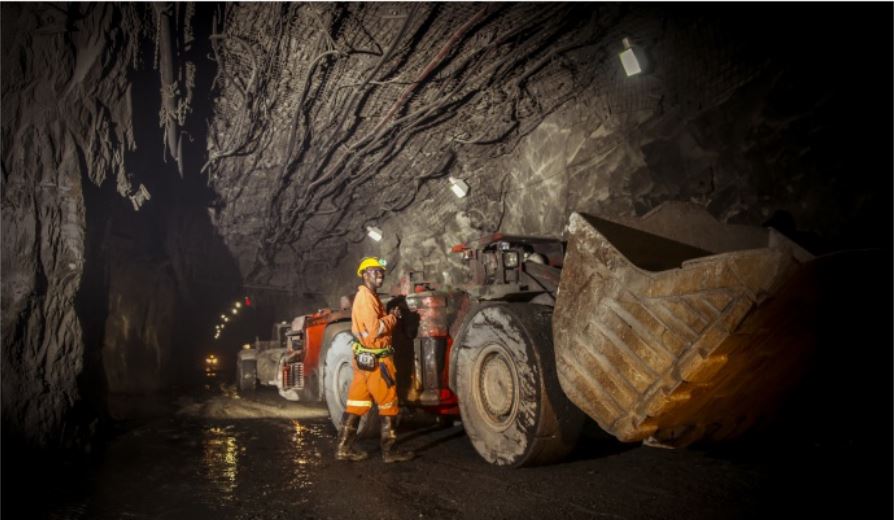Barrick aims to end Acacia export ban

A miner operates his scoop tram at the Barrick Gold/Acacia Mining Bulyanhulu gold mine in Tanzania. Source: Acacia Mining plc.

Barrick Gold Corp. [ABX-TSX, GOLD-NYSE] said Wednesday February 20 that it has arrived at a proposal to resolve majority-owned Acacia Mining PLC‘s [ACA-LSE] prolonged royalty and tax disputes with the government of Tanzania.
It will involve a US$300 million payment to Tanzania in stages, subject to a definitive deal and approval by Acacia and the government.
Accounting for 6% of Barrick’s gold production, Acacia has three mines in Tanzania, including Bulyanhulu, Buzwagi, and North Mara. The aim is to resolve the ongoing dispute between the two parties following the concentrate export ban that was implemented in March 2017.
The Tanzania government had previously alleged that mining companies had underpaid up to US$50 billion in taxes over the past 20 years.
The government recommended that an export ban on concentrates remain in place until the back taxes are paid.
However, on Wednesday, Barrick issued a press release stating that Barrick, in its capacity as a facilitator, and the Government of Tanzania, have arrived at a proposal that sets out the commercial terms to revolve outstanding disputes over Acacia’s operations in Tanzania.
The proposed framework is consistent with the agreement announced in October 2017 and includes the following key elements:
- The creation of a local operating company to manage Acacia’s operations in the country.
- Economic benefits from Acacia’s operations to be shared on a 50/50 basis. The government’s share of benefits would be in the form of royalties, taxes and a 16% free carried interest in the Tanzanian operations.
- A payment of US$300 million to the government of Tanzania to resolve outstanding tax claims, to be paid over time on terms to be settled by the parties.
“Significant amounts of real value have been destroyed by this dispute and, in Barrick’s view, this proposal will allow the business to focus on rebuilding its mining operations in partnership with respective stakeholders, and most importantly long suffering shareholders, including Barrick,” said Barrick President and CEO Mark Bristow.
To become effective, the proposal and those agreements must be approved by Acacia and the Government of Tanzania, in keeping with applicable laws and regulations.
Barrick holds a 63.9% equity interest in Acacia, which trades on the London Stock Exchange.
Acacia issued its own press release Wednesday saying it has not yet received any proposal from Barrick regarding a comprehensive resolution of the company’s disputes with the Government of Tanzania. “Any proposal received by Acacia will be subject to review by the independent committee of the Acacia Board of Directors,” the company said.
In a February 11, 2018 press release, Acacia said it produced 521,980 ounces of gold in 2018. That was ahead of the initial guidance of between 435,000 and 475,000 ounces. The all-in sustaining cost of US$905/oz was also below the guidance range of US$935-US$985/oz.
